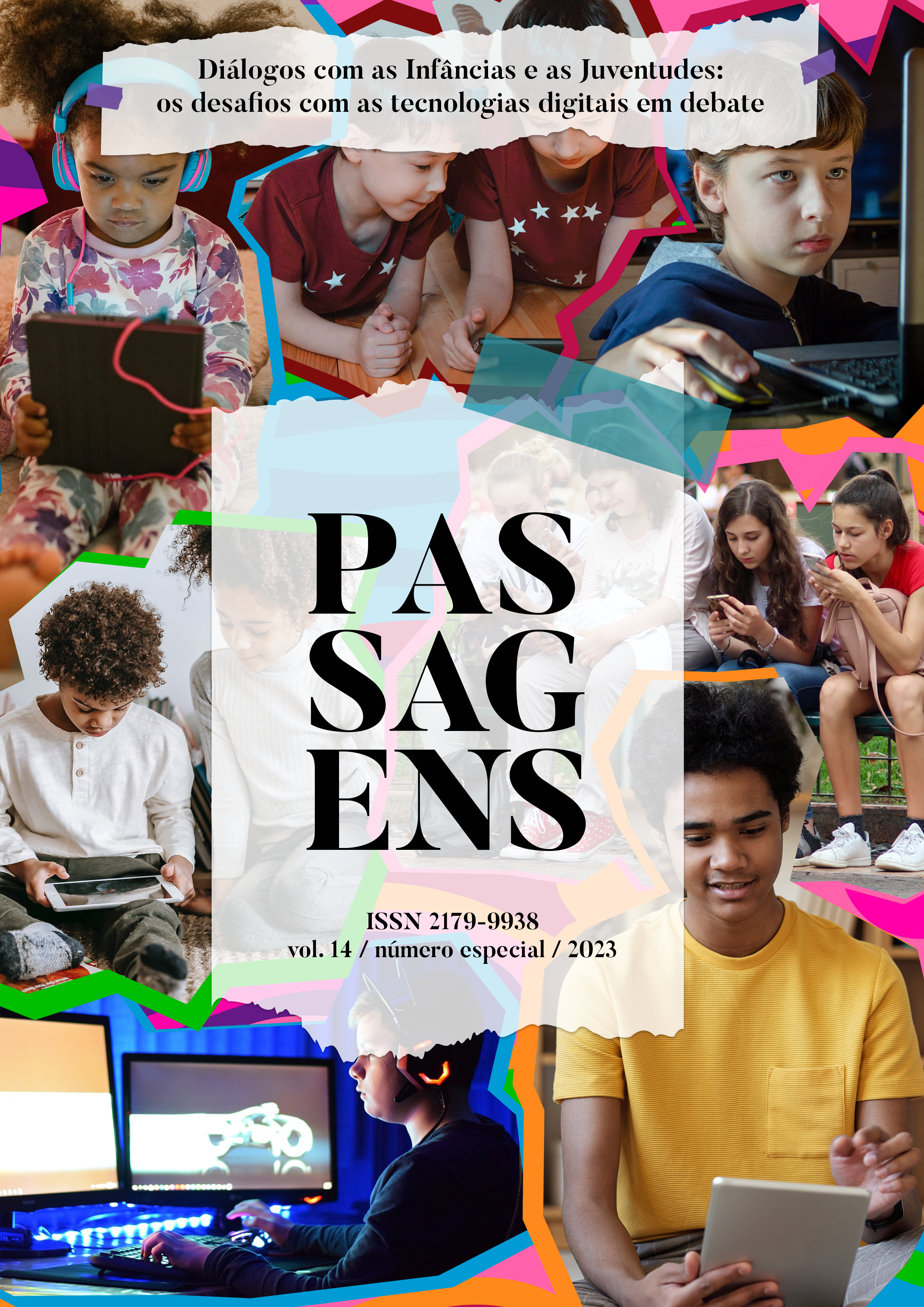You Can’t Learn Online If You Aren’t Online
Stress, Remote Learning, and COVID-19 Lockdowns
DOI :
https://doi.org/10.36517/psg.v14iespecial.91254Résumé
In this article we examine digital inequalities and remote learning among students in the U.S. With the sudden and unforeseen closure of schools, students shifted suddenly to remote learning. Almost immediately, students who had counted on resources available in school settings were in lockdown at home with insufficient digital resources with which to engage in remote learning. The data is drawn from online commentary by students curated by The New York Times during the first wave of COVID-19 in the spring of 2020 when large portions of the U.S. were under stay-at-home orders forcing schools to close their doors abruptly. Based on content analysis, findings reveal the effects of digital isolation alongside the pressures of remote learning that result in stress, anxiety, and reduced well-being. Simply put: students can’t learn online if they can’t get online, unleashing a number of negative impacts on their mental health and well-being. Digital isolation at a time in which remote learning is the only option for schoolwork and academic success causes extreme stress for the digitally disadvantaged as they fall further and further behind on their learning and schoolwork compared to their better-resourced peers. As our findings show, when this occurs, they enact what we call digital false consciousness in which they internalize responsibility for their digital inequalities when these inequalities are truly the result of long-standing structural inequalities that drive digital inequality. When this occurs, digital inequalities stemming from economic disadvantage are enacted as a form of toxic individualism that further widens the psychological aspects of the digital divide. Finally concerning theoretical contributions, we put our findings into conversation with the sociological imagination to show how students internalize the negative impacts of structural digital inequalities during the pandemic and erroneously take responsibility for social and economic forces largely outside of their control in what might be called digital false consciousness. As we show, when the digitally excluded are liberated from digital false consciousness, they are able to reject the naturalization of inequality
Téléchargements
Publiée
Comment citer
Numéro
Rubrique
Licence
A aceitação do trabalho para a publicação implica a transferência de direitos do autor para a revista, sendo assegurada a ampla disseminação da informação.

